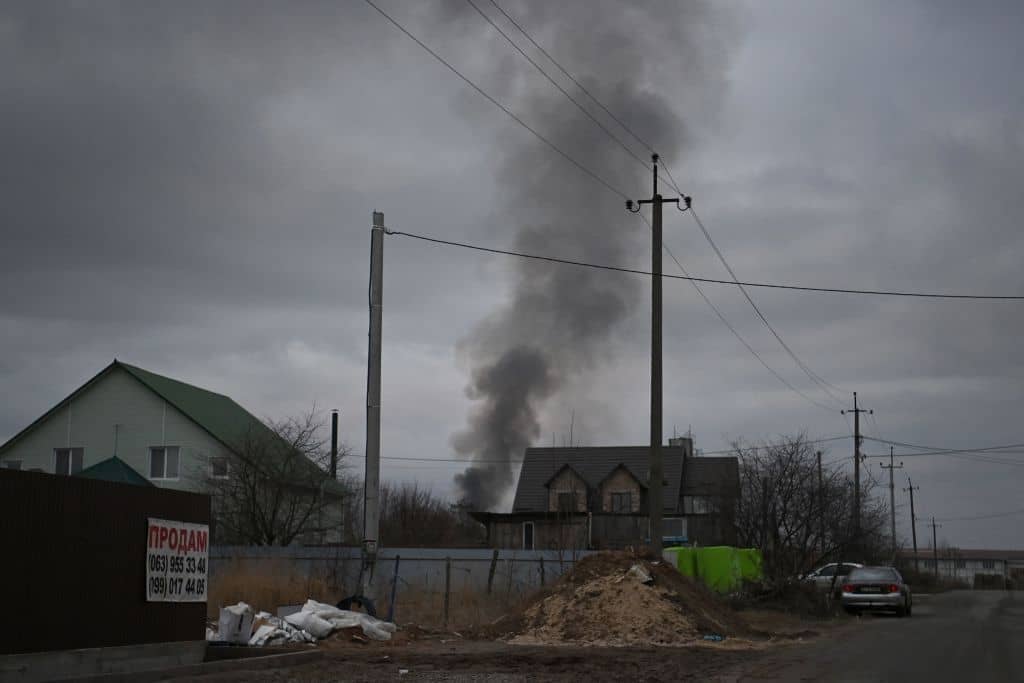As with Covid-19 it will take time for the full consequences of the Russian invasion of Ukraine to become apparent. But one unexpected impact is already becoming clear: that on air freight. Ukraine, it turns out, occupies a niche at the very heavy end of the industry. Ukrainian company Antonov manufactures the world’s largest transport planes in the shape of the An-225 – a six-engined behemoth built by the Soviets in 1985 and capable of a maximum take-off weight of 640 tonnes – and the slightly smaller An-124. By contrast, the freighter version of the Boeing 747-400 has a maximum take off weight of 450 tonnes. As a total share of the global air freight industry the planes do not register highly – only one An-225 was ever completed and there are only 24 An-124s in service. But for very heavy items the Antonov was often the only air freight option available.
Isolating the Russian economy could have a serious effect on the ease of transporting goods by air
But the only An-225 is believed to have been destroyed by an attack on Hostomel airport on Friday, and, as Ryan Petersen, CEO of logistics firm Flexport explained morning, the An-124s will soon be unable to fly because they rely on being serviced by Antonov in Ukraine. The planes are especially critical for the energy sector, for transporting items such as turbines and transformers.
It isn’t just Antonov. Thanks in part to their strategic position between Western Europe and South East Asia, Ukraine and Russia have been big players in the air freight business. Isolating the Russian economy could have a serious effect on the ease of transporting goods by air. However, Western planes could make up for lost capacity for all but the transport of very heavy items.
Thanks to Covid, there are a large number of recently-decommissioned Boeing 747s, some of which could be pressed back into service. Given the pain inflicted on airlines over the past couple of years, many will view with relish the prospect of picking up at least some business from Russian planes. The only trouble is that with Russian airspace increasingly closed to western aircraft, it is going to make freight journeys between Europe and East Asia longer and more expensive.







Comments